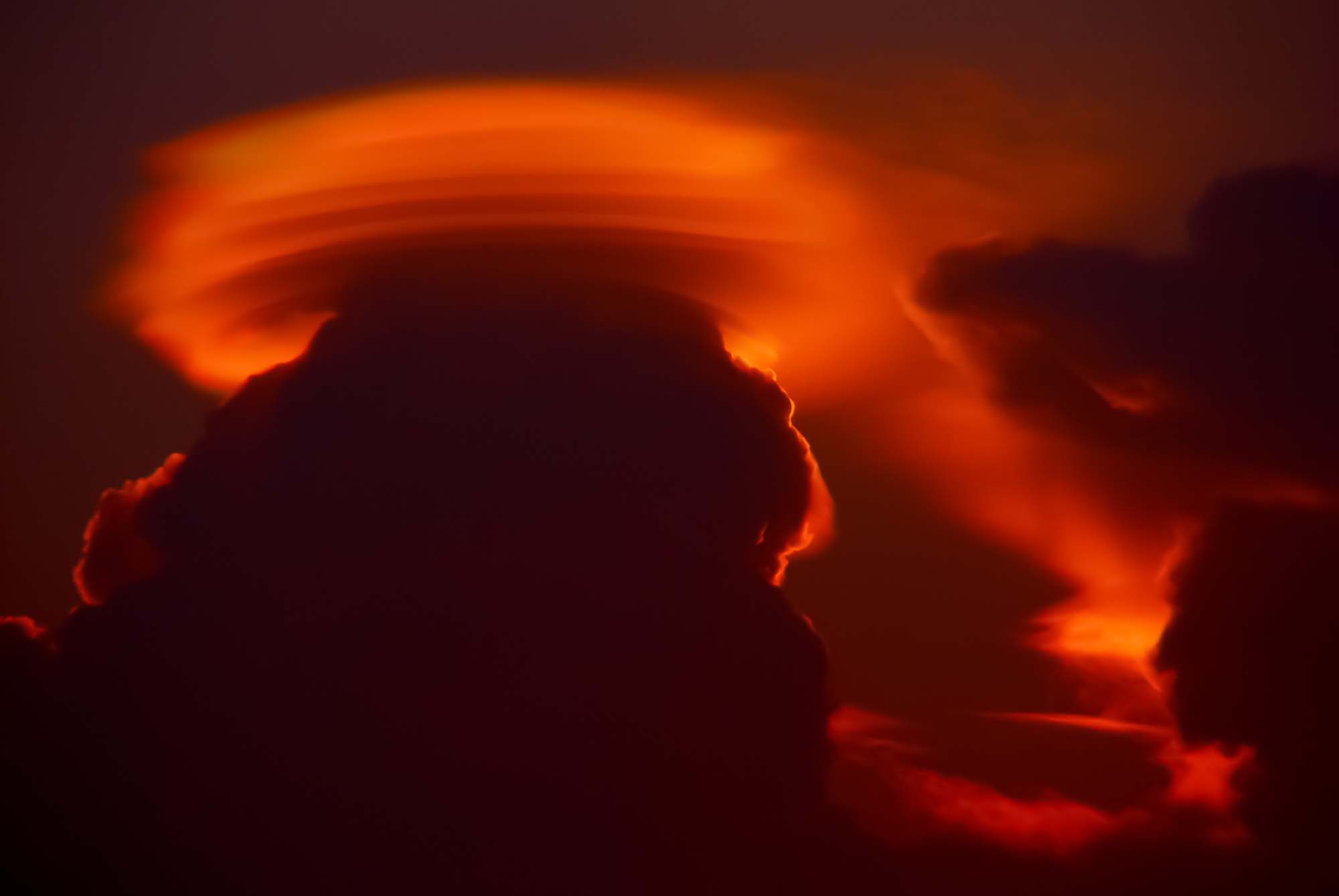
Washington, D.C. — A distinguished team of researchers from the Massachusetts Institute of Technology (MIT) and Harvard released today what co-chair Dr. John Deutch calls “the most comprehensive, interdisciplinary study ever conducted on the future of nuclear energy.”
The report maintains that “The nuclear option should be retained precisely because it is an important carbon-free source of power.”
“Fossil fuel-based electricity is projected to account for more than 40% of global greenhouse gas emissions by 2020,” said Deutch. “In the U.S. 90% of the carbon emissions from electricity generation come from coal-fired generation, even though this accounts for only 52% of the electricity produced. Taking nuclear power off the table as a viable alternative will prevent the global community from achieving long-term gains in the control of carbon dioxide emissions.”
But the prospects for nuclear energy as an option are limited, the report finds, by four unresolved problems: high relative costs; perceived adverse safety, environmental, and health effects; potential security risks stemming from proliferation; and unresolved challenges in long-term management of nuclear wastes.
The study examines a growth scenario where the present deployment of 360 GWe of nuclear capacity worldwide is expanded to 1000 GWe in mid-century, keeping nuclear’s share of the electricity market about constant. Deployment in the U.S. would expand from about 100 GWe today to 300 GWe in mid-century. This scenario is not a prediction, but rather a study case in which nuclear power would make a significant contribution to reducing CO2 emissions.
“There is no question that the up-front costs associated with making nuclear power competitive, are higher than those associated with fossil fuels,” said Dr. Moniz. “But as our study shows, there are many ways to mitigate these costs and, over time, the societal and environmental price of carbon emissions could dramatically improve the competitiveness of nuclear power”
The study offers a number of recommendations for making the nuclear energy option viable, including:
- Placing increased emphasis on the once-through fuel cycle as best meeting the criteria of low costs and proliferation resistance;
- Offering a limited production tax-credit to ‘first movers’ – private sector investors who successfully build new nuclear plants. This tax credit is extendable to other carbon-free electricity technologies and is not paid unless the plant operates;
- Having government more fully develop the capabilities to analyze life-cycle health and safety impacts of fuel cycle facilities;
- Advancing a U.S. Department of Energy balanced long-term waste management R&D program.
- Urging DOE to establish a Nuclear System Modeling project that would collect the engineering data and perform the analysis necessary to evaluate alternative reactor concepts and fuel cycles using the criteria of cost, safety, waste, and proliferation resistance. Expensive development projects should be delayed pending the outcome of this multi-year effort.
- Giving countries that forego proliferation- risky enrichment and reprocessing activities a preferred position to receive nuclear fuel and waste management services from nations that operate the entire fuel cycle.
The authors of the study emphasized that nuclear power is not the only non-carbon option and stated that they believe it should be pursued as a long term option along with other options such as the use of renewable energy sources, increased efficiency, and carbon sequestration..
The members of the study team are: John Deutch (co-chair), Ernest Moniz (co-chair), S. Ansolabehere, Michael Driscoll, Paul Gray, John Holdren (Harvard), Paul Joskow, Richard Lester, and Neil Todreas.
Members of the Advisory Committee included: former U.S. Congressman Phil Sharp (chair), former White House Chiefs of Staff John Podesta and John Sununu, John Ahearne, Tom Cochran, Linn Draper, Ted Greenwood, John MacWilliams, Jessica Mathews, Zack Pate, and Mason Willrich.
This study was supported by the Alfred P. Sloan Foundation and by MIT’s Office of the Provost and Laboratory for Energy and the Environment.